Udder-ly New Space Chapter! To the moo-n: How cow dung is fuelling Japan's ambitions
Japan's space industry opened potentially an udder-ly new chapter with a start-up testing a prototype rocket engine that runs on fuel derived purely from cow dung.
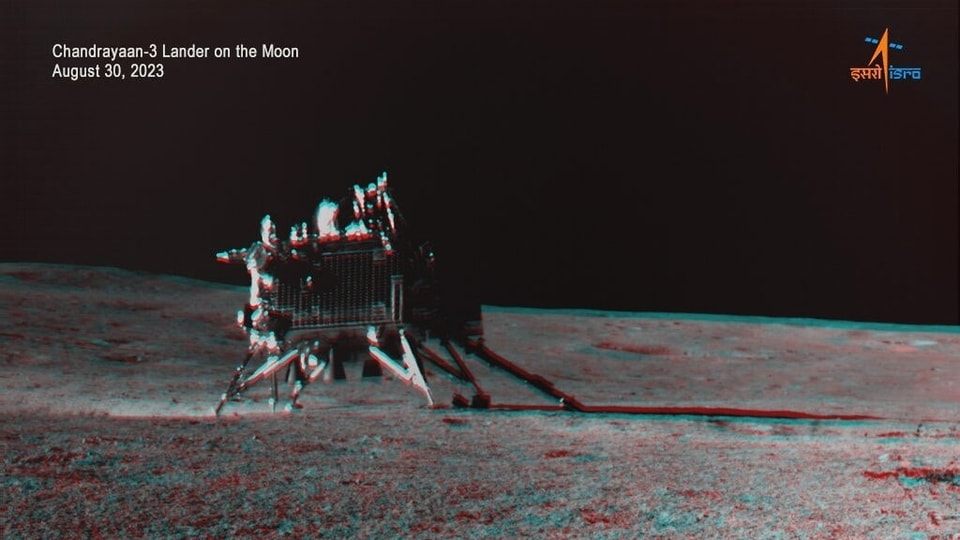
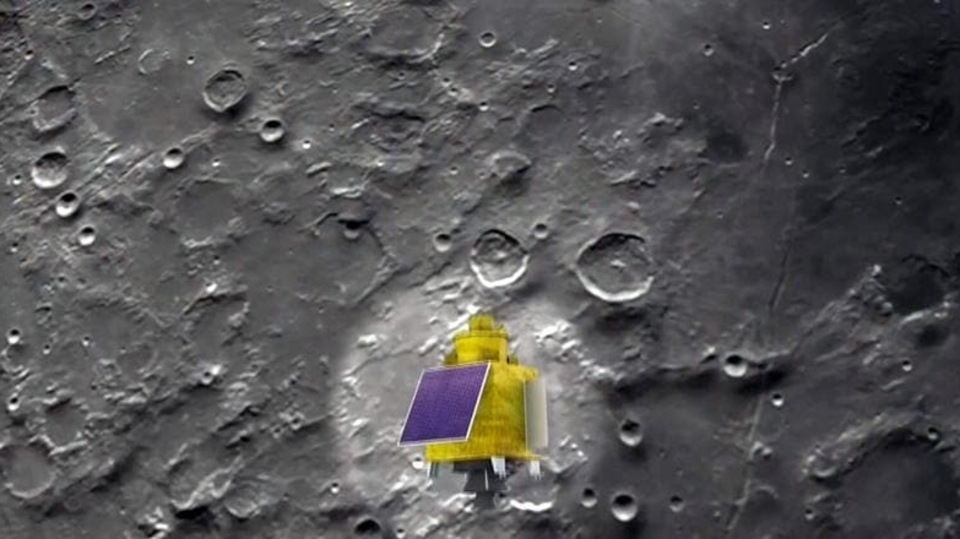
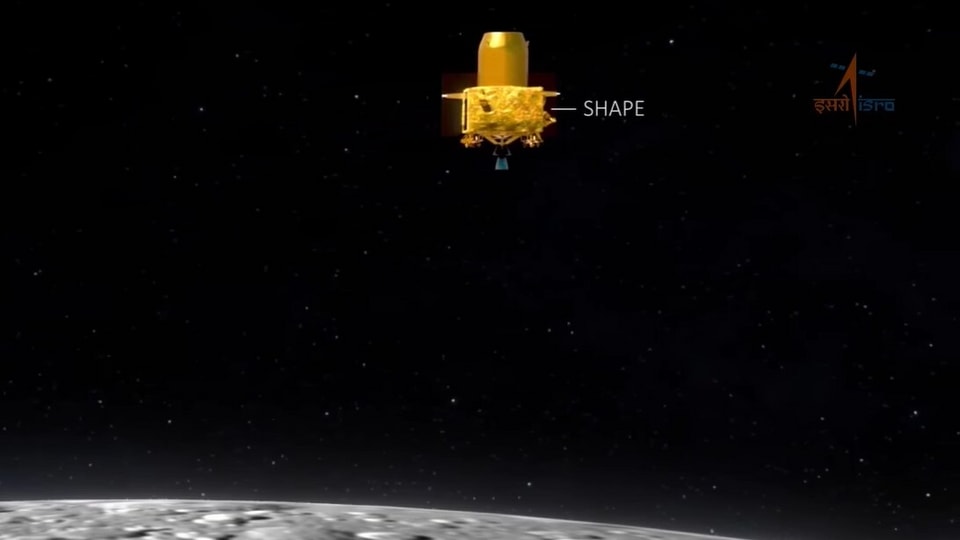
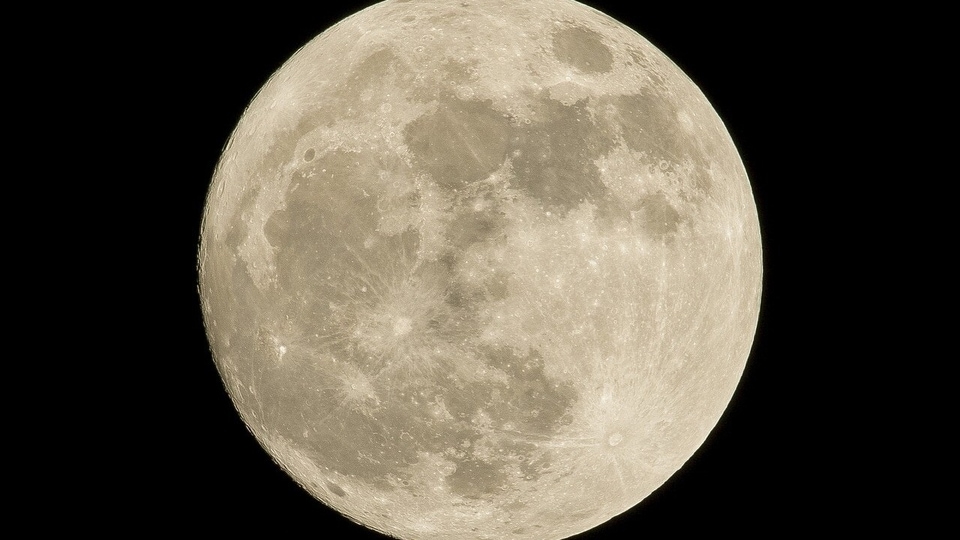
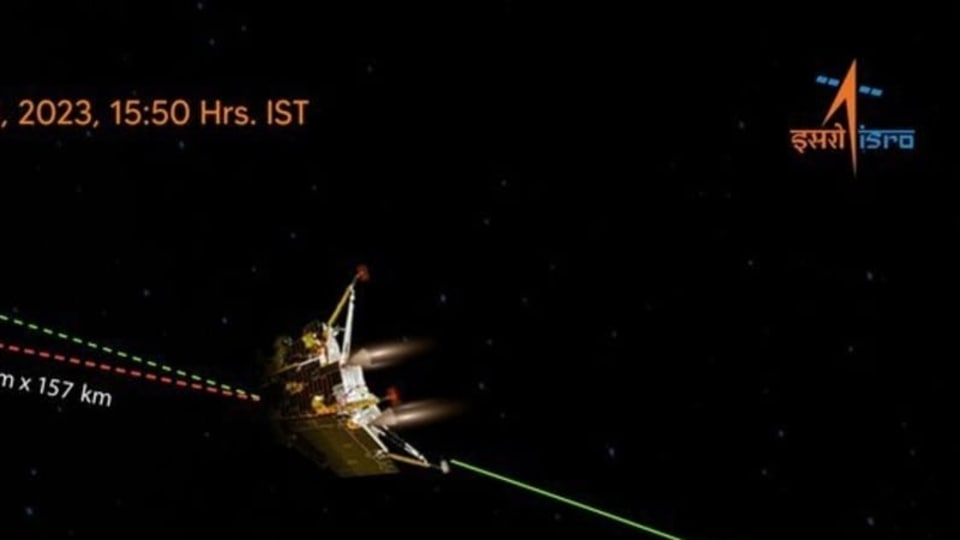
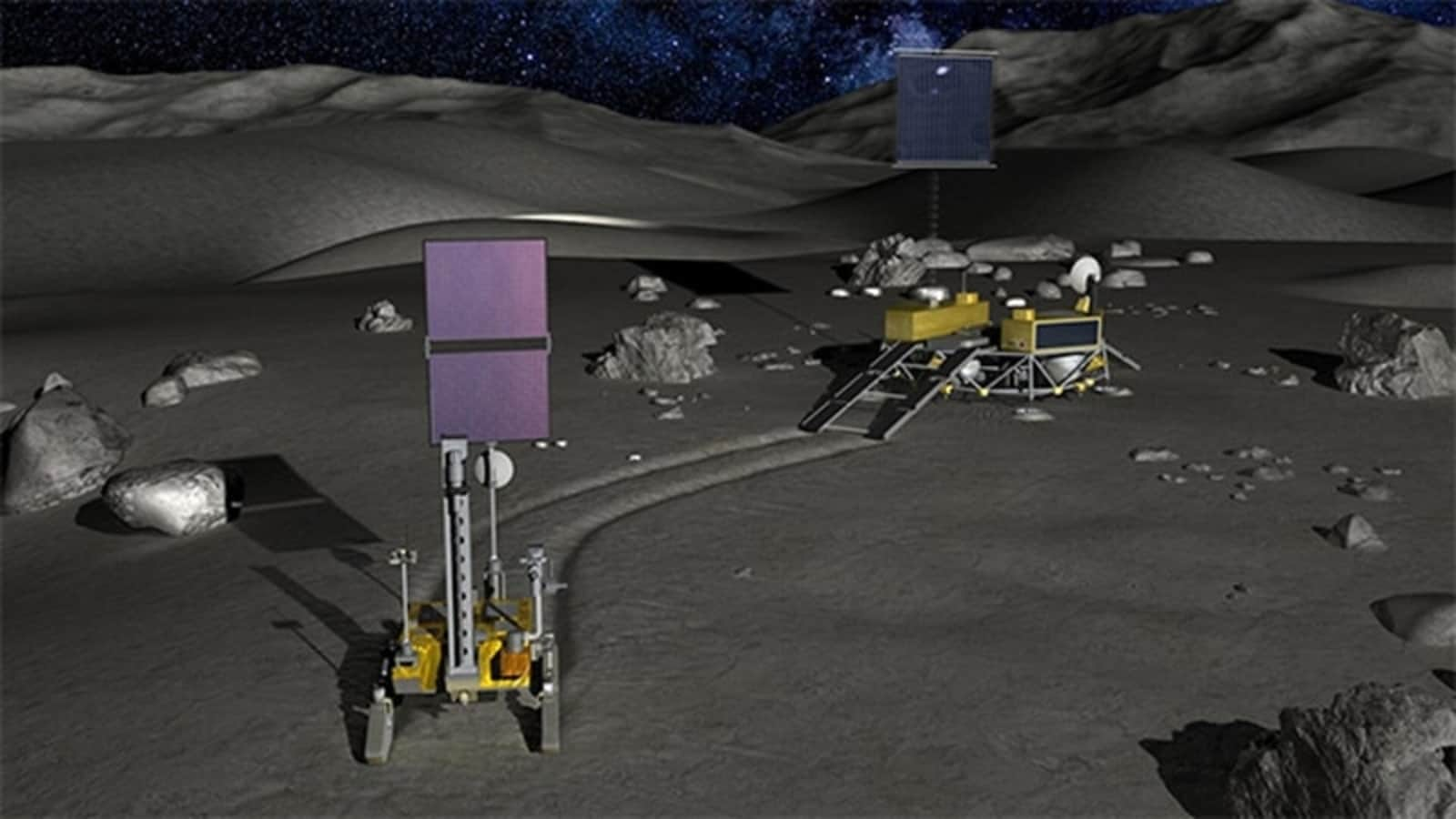
 View all Images
View all ImagesJapan's space industry opened potentially an udder-ly new chapter on Thursday with a start-up testing a prototype rocket engine that runs on fuel derived purely from a plentiful local source: cow dung. The experiment saw the engine blast out a blue-and-orange flame 10-15 metres (30-50 feet) horizontally out of an open hangar door for around 10 seconds in the rural northern town of Taiki.
The liquid "biomethane" required was made entirely from gas derived from cow manure from two local dairy farms, according to Interstellar Technologies chief executive Takahiro Inagawa.
"We are doing this not just because it is good for the environment but because it can be produced locally, it is very cost effective, and it is a fuel with high performance and high purity," Inagawa told AFP.
"I do not think it is an exaggeration to assume this will be replicated ...all over the world," he said. "We are the first private business to do this."
Interstellar, which hopes to be able to put satellites in space using the fuel, teamed up with industrial gas producer firm Air Water.
It works with local farmers who have equipment on their farms to process their cow dung into biogas which Air Water collects and turns into the rocket fuel.
Resource-poor Japan "must secure domestically produced, carbon-neutral energy now", said Tomohiro Nishikawa, an engineer at Air Water.
"The raw material from this region's cows has so much potential. Should something change in international affairs, it's important that Japan has an energy source that it has already in hand," he added.
- 'Moon Sniper' -
Japan's space agency JAXA launched in September its "Moon Sniper" mission but the sector has been plagued by problems in recent years with two failed missions -- one public and one private.
Japan has also had setbacks with its launch rockets, with mishaps after liftoff of the next-generation H3 in March and the normally reliable solid-fuel Epsilon last October.
In July, the test of an Epsilon S rocket, an improved version of the Epsilon, ended in an explosion 50 seconds after ignition.
Biogas derived from cow manure is already being used for fuel around the world, including to run buses in the Indian city of Indore, instead of more polluting conventional sources.
It helps mitigate the enormous environmental footprint of agriculture, which Greenpeace says is responsible for 14 percent of greenhouse gas emissions worldwide.
Burning biogas also releases greenhouse gases, but so does leaving it to degrade naturally, while runoff from farm animals pollutes waterways and soil.
Air Water's biomethane is already being used by a local dairy and other factories, to heat local homes and to run trucks and ships as pilot programmes.
Among participating local farmers is Eiji Mizushita, 58, who raises some 900 milk cows that collectively generate over 40 tons (80,000 pounds) of dung every day.
His farm has an industrial system to automatically collect the waste, ferment it, and turn it into biogas, fertiliser and recycled bedding materials for his animals.
Sales of biogas expands Mizushita's income by about one percent, but he said the effort is worth it.
"I'm excited to think that our cow waste could be used to make it fly," he said of the rocket.
"We need to properly dispose of and use manure. I also think that the government and society should take a more serious look at the importance of natural renewable energy and encourage its production."
Catch all the Latest Tech News, Mobile News, Laptop News, Gaming news, Wearables News , How To News, also keep up with us on Whatsapp channel,Twitter, Facebook, Google News, and Instagram. For our latest videos, subscribe to our YouTube channel.































